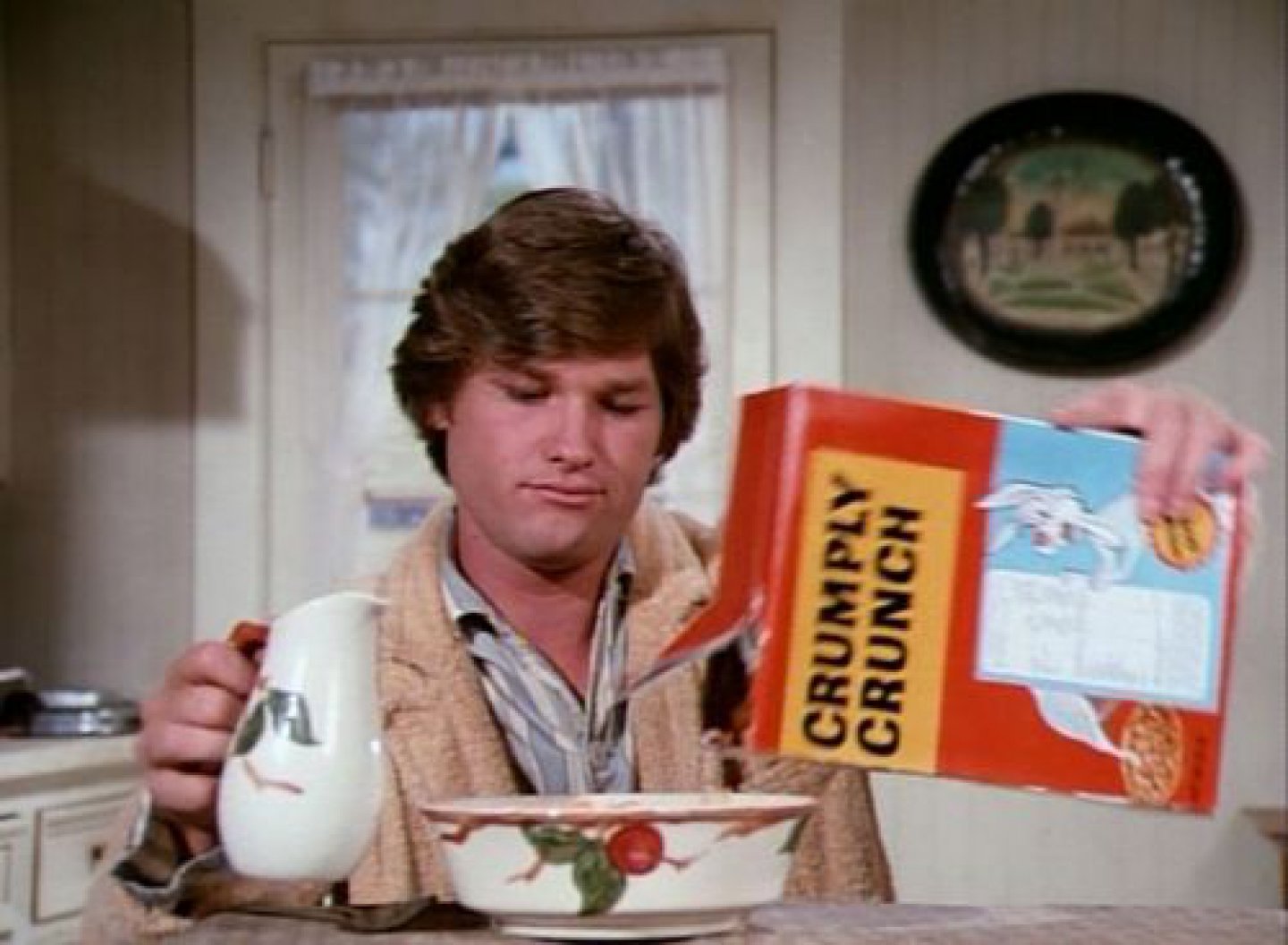From my Notebook >
Fasting on a Diet: Thoughts and Tips

Like many people trying to pay attention to the spiritual aspects of life, I occasionally take the opportunity to fast, meaning going without food or water for some length of time.
Things can get a bit confusing when you’re doing that and also dieting or trying to change your eating habits. It’s important to make sure diet and fast for spiritual purposes are both accounted for in your food planning.
A diet involving significant weight loss is, in my opinion, a much bigger deal than keeping up with a habit of fasting, even speaking just spiritually. If it’s too confusing to account for both, I think it’s OK to focus on the diet first and then improve the fasting habit later.
One idea: The fasting ladder
This may help improve your ability to fast. Pick an eating level on the scale below that seems comfortable for you, and start there. Ensure that it feels healthy and only a slight exertion.
Note: I am not your doctor and this is not medical advice. Consult a medical doctor before changing your diet.
- No food, no water for the duration of the fast
- No food, some water for the duration of the fast
- No food, some drink (herbal tea, for eample)
- No food, lots of water or other drinks
- Small amounts of filling food, small amounts of drink
- A smaller-than-normal amount of food and drink
- A normal amount of food and drink
- A greater-than-normal amount of food and drink for the duration of the fast
While observing the guideline you picked, try to place special focus on activities that help you feel positively changed, spiritually speaking. That could include journaling, forgiving others, meditating, taking a walk, performing a simple act of service for someone, etc.
Repeat that over several fasting experiences. When you’re ready, try to challenge yourself to go down by one number on the “fasting ladder” scale. Only if it’s still healthy for you, of course.
I have also learned that it’s easier to fast if you eat less before you start your fast. I learned that it’s easier for me to fast if I occupy my time better while I’m fasting. I learned that having a plan keeps things less open-ended for me, so I find myself worrying about it less.
I occasionally need sips of water while I’m fasting, so I can tell you with certainty that the experience is not 100% about lack of food and drink. It’s OK to need food. It’s OK to need drink. These adjustments probably won’t break you spiritually (to say the least).
Other general tips and takeaways:
- Plan before, during, and after the day / days of your fast.
- Pre-plan your “you” place during your fast, especially if you’ll be out in public. You’ll need a quiet place where you can plan and eat basic holdover foods. Park your car in a spot where no one else parks, or find the bathroom that no one else uses much. Or find a nearby park you can drive to for a quick break.
- Put away tempting foods beforehand. Try to avoid making or displaying really yummy food for your break-the-fast activity.
- Instead of forcing yourself through things, make it gradual. Little changes, one by one.
- Change your circumstances only when you’re ready. If it’s been a hard weekend, be careful about pushing yourself. You don’t need to be perfect.
- Nowadays Intermittent Fasting is popular as a diet aid for caloric restriction. I tried it for a very short period and I can see how it might be effective for some. I had different plans in mind (as in other approaches that would help me more) at the time so I couldn’t give it a full run. But it may be worth exploring.
- I do aim to come close to my caloric allowance after my fast is over. This is intentional. I typically come about 200 calories under it, but if I get hungry, you can bet I will eat those 200 calories. What I don’t want to do is try to go too low and risk an overeating session. When I get to my 200 calories-left point, I will say something like, “OK, if I’m hungry after this I need to eat a pickle (5 calories). If I can’t eat a pickle I’m not hungry.” Substitute your not-so-favorite food there and see how it goes.
- And finally: Be patient with yourself! This is a journey. You’re probably changing a lot of things at once. It will all work out, just set a wise course and you’ll be able to stick to it.

 Friendlyskies.net
Friendlyskies.net